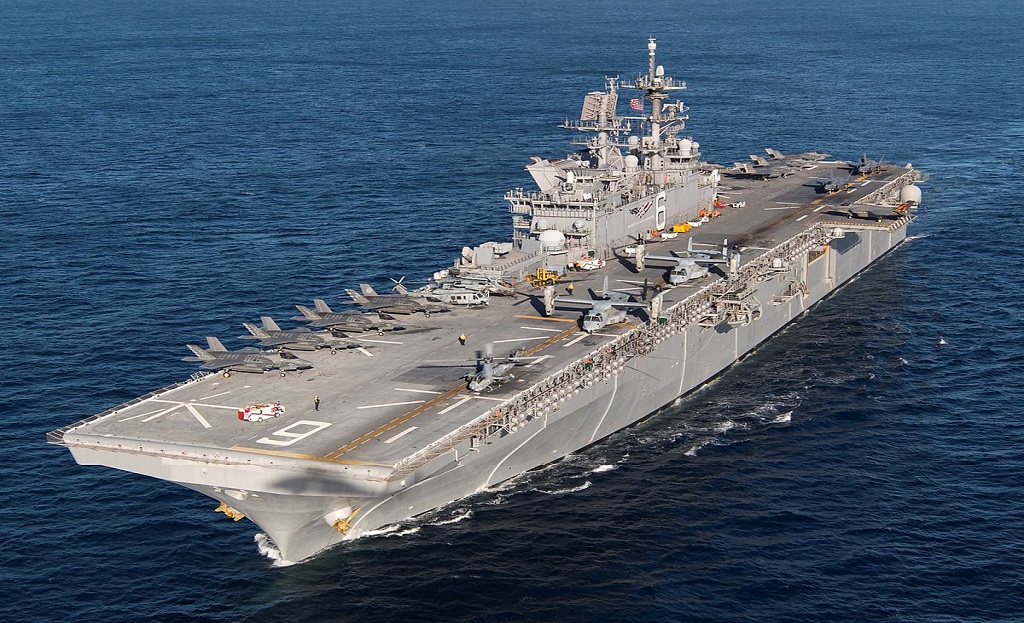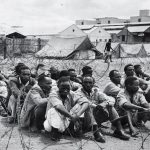The United States Navy has named a next-generation helicopter assault ship the USS Fallujah, almost two decades after the western Iraqi city was the scene of bloody battles that killed hundreds of civilians.
Faraan: Navy Secretary Carlos Del Toro said in a speech at Marine Barracks in Washington, DC that the new amphibious assault ship was named in such a way to pay tribute to the 2004 battles in Fallujah, located nearly 69 kilometers (43 miles) west of the Iraqi capital Baghdad on the Euphrates, during the US-led invasion of Iraq.
Del Toro called it an honor to the US nation to memorialize Marines, soldiers and coalition forces that took part in the First and Second Battles of Fallujah and lost their lives in the process. US military forces steal tens of tons of grain and crude oil from Syria’s province of Hasakah, and take them to neighboring Iraq. The goal of the First Battle of Fallujah, code-named Operation Vigilant Resolve, in April 2004 was to apprehend or eliminate militants, who were believed to be responsible for the death of four US contractors.
The Second Battle of Fallujah, codenamed Operation Phantom Fury, was fought by US and British occupation troops in November 2004. It lasted nearly 6 weeks to fully capture the city. US forces suffered their heaviest losses of the Iraq war in Fallujah – 27 US troops were killed in the first campaign and 82 died during the second attempt. The US-led coalition conducted a devastating bombing campaign before their second attack, forcing some 300,000 civilians to flee.
Between 30,000 and 40,000 civilians remained trapped in Fallujah during the assault, living through what the International Committee of the Red Cross (ICRC) described at the time as a “catastrophic” humanitarian situation. The ICRC announced immediately after the battle that some 800 Iraqi civilians were killed in the fighting. It later accused the US of using white phosphorus as a weapon to defeat the militants.
The US military claims the end of its combat operation in Iraq but maintains thousands of troops in the Arab nation. To this day, babies born in Fallujah have suffered disproportionately high levels of birth defects, including congenital heart disease, gastroschisis (where the digestive system is found outside the baby’s body), and Spina Bifida. One of the most documented reasons for the birth defects has been the lingering impact of uranium in the local environment, a remnant of the US bombardment.










